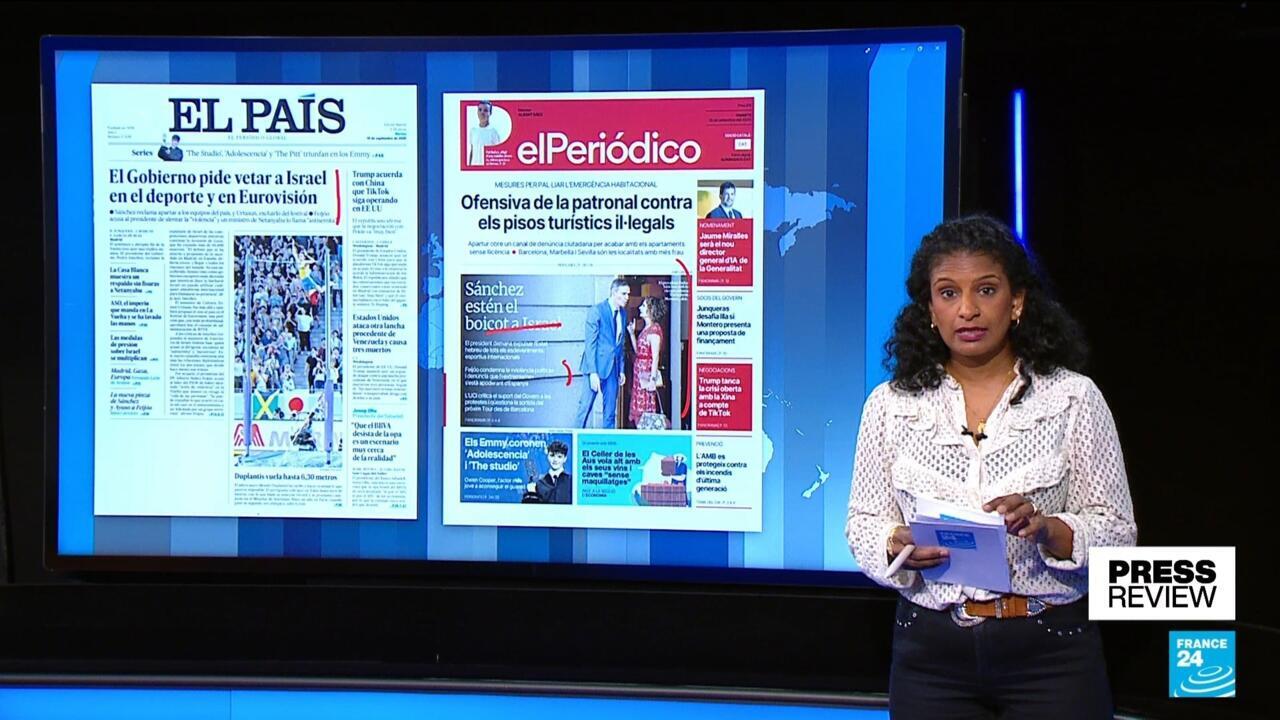The city of Nîmes in southern France is famous for its Roman arenas. Yet it has recently become the theatre for a series of shootings linked to the drug trade.
First there was a shooting in a public square in the neighbourhood of Pissevin which left bullet marks on a nearby building and elevator door. Then there was the gruesome discovery of the partially charred, bullet-riddled body of a 19-year-old man in a nearby village.
This violence, along with other shootings in broad daylight, led authorities in Nîmes on July 18 to enforce a curfew on young people. In doing so, they are following the example of French towns like Saint-Ouen-sur-Seine north of Paris and Villecresnes in the capital's southeastern suburbs.
The ban, which prohibits anyone under 16 from being outside between 9pm and 6am in the most-affected areas of the city, is meant to prevent youth from “being exposed to violence” and to “contain tensions”, according to a press release.
These curfews – whose effectiveness is difficult to assess – are regularly challenged via the justice system, particularly by French rights group LDH (Ligue des droits de l'homme).
Cinderella policy fails to stem urban violence
Yet resorting to curfews fails to address structural issues like the police’s inability to operate in some of France’s most troubled neighbourhoods, some experts say. They claim the measure is more of a communication strategy for the authorities rather than an effective social policy.
The problem of “applying the law in certain poor neighbourhoods like Pissevin in Nîmes remains”, Thomas Sauvadet, a sociologist and expert on youth delinquency at Paris Est Créteil University, says. “The level of delinquency and criminality, whether economically motivated or not, makes police action difficult."
Béziers, 120 kilometres southwest of Nîmes, also imposed a nighttime curfew for children under 13 last year. Its far-right mayor Robert Ménard decided to extend the measure last March to anyone under 15 in certain areas. "No 10-year-old out on the street at 2am is up to anything but mischief," Ménard said in 2024.
Despite the ban, Béziers is still witness to scenes of shocking violence. In July, some 50 individuals in balaclavas lured police into a sensitive neighbourhood and then attacked them with fireworks, local media reported.
The curfew is of course “a communication strategy on the part of the public authorities”, Laurent Mucchielli, a sociologist and research director at France's national reseach centre (CNRS) specialising in delinquency and security policy, says. “They need to show they are doing something.”
“A curfew is not easy to enforce in neighbourhoods where the police only intervene in an offensive mode, and in urban configurations where their presence is quickly spotted by lookouts who alert the drug dealers,” Mucchielli says.
Lack of perspectives
Among the many factors that push young people into delinquency are a lack of perspectives, inter-familial violence, and difficulties at school which later lead to problems in accessing the job market, experts say.
“Let’s not forget that it’s easier for drug dealers to involve young people in their business because there are many teenagers in these poor neighbourhoods who left school early and have no qualifications,” Mucchielli says. “Their parents are part of the 40 percent of the French population who can’t afford to leave their homes to go on vacation, and they see this activity as ‘a way out’, or at least as a way to live a little better.”
The adolescents and young adults who work as petits mains, or runners, in the illegal drug trade take enormous legal and personal risks. They prepare and deliver illegal drugs in exchange for modest payments while risking their lives and exposing themselves to legal action if they get caught.
Their superiors higher up the ladder, on the other hand, can make hundreds of thousands of euros per day through their drug-dealing operations. After staking out their turf, they defend it tooth and nail from both the police and any competitors they perceive as a threat to their business.
Mucchielli thinks that the police should be reinforced in order to better pursue those at the top of the drug-dealing chain, rather than going after petty drug-dealers.
He also recommends rapidly resolving homicide attempts. “The level of impunity is truly worrying. It terrifies inhabitants – and rightly so. And the youths who possess firearms and use them are generally over 16” – meaning the curfew does not apply to them.
(With AFP)











 English (US) ·
English (US) ·